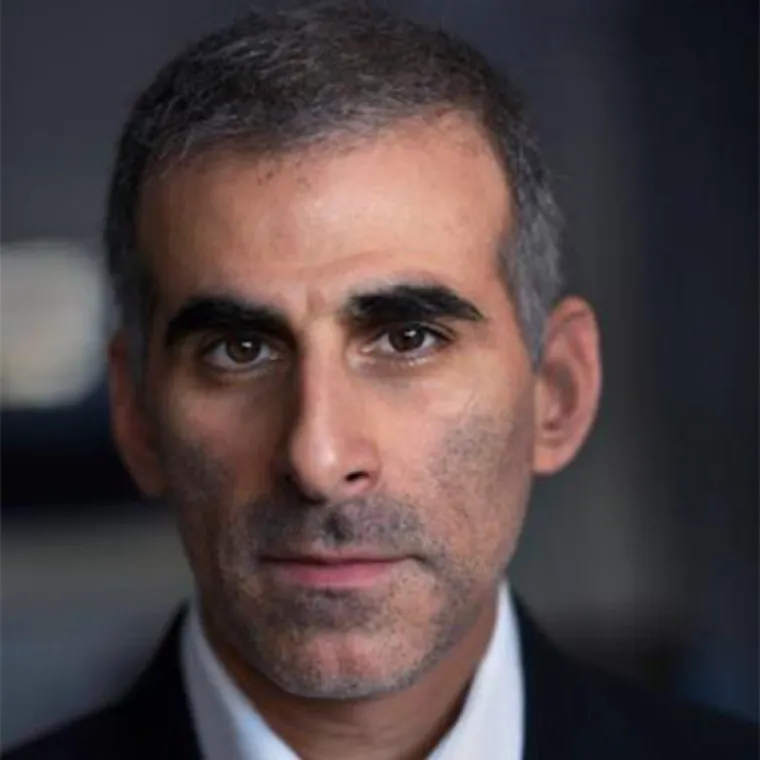Alan Mikhail

New Haven, CT
How did CASA help inform your career path?
Most importantly, the program improved my Arabic immeasurably. It helped me to see that I could conduct historical research in Arabic and the fact that I was in Cairo allowed me to take advantage of all of the immense intellectual resources the city has to offer. The relationships I made during CASA and the collections I visited while in the program would prove incredibly useful for me when I returned to Cairo for my dissertation research a few years later.
What job or path of study did you pursue after graduating from the CASA program?
I completed my Ph.D. in history. After my Ph.D., I was a postdoc for two years and then began as an assistant professor. Since CASA, I've been researching and writing about the history of the Ottoman Empire in the Arab world.
How did your work at CASA help you develop your research topic?
Being in Cairo for CASA allowed me to go to the Egyptian National Archives whenever there was spare time. That's when I began some of the archival research that would make it into my dissertation and later work. Although I largely did this on my own time during the program, it was living in Cairo and the rigor of CASA that helped me to see that I could and should jump into the archives right then.
What was your favorite memory from CASA?
Our course in Egyptian cinema. I finally got to watch all the films I had heard of and never seen, as well as some that I had never heard of. The class put all the films we saw into a narrative of modern Egypt and helped me see how they worked from, with, and sometimes against each other. Now I feel that I can watch older Egyptian movies and put them into some sort of context of their production and place in Egyptian film history.

